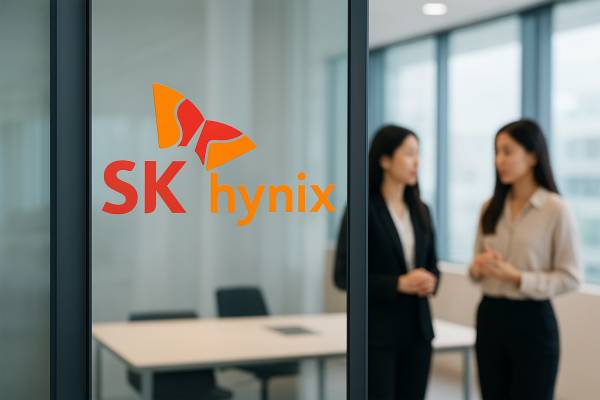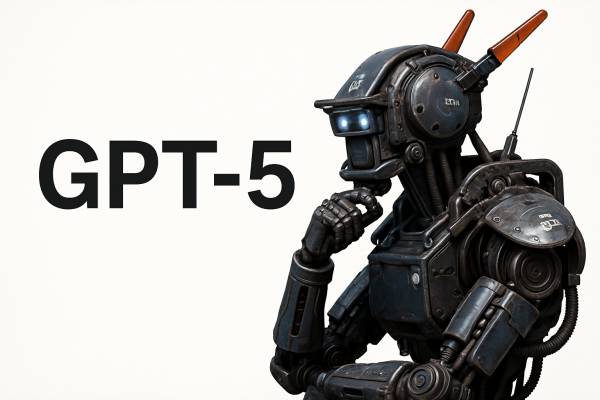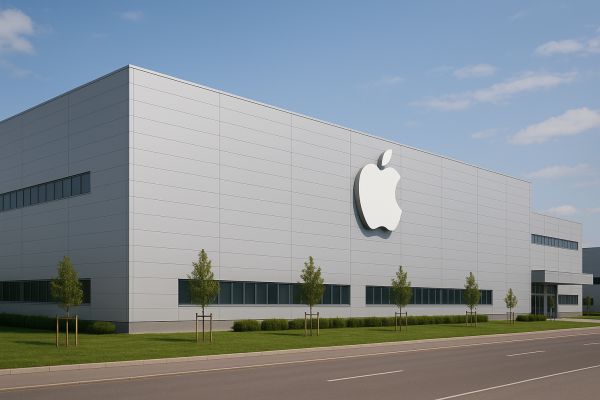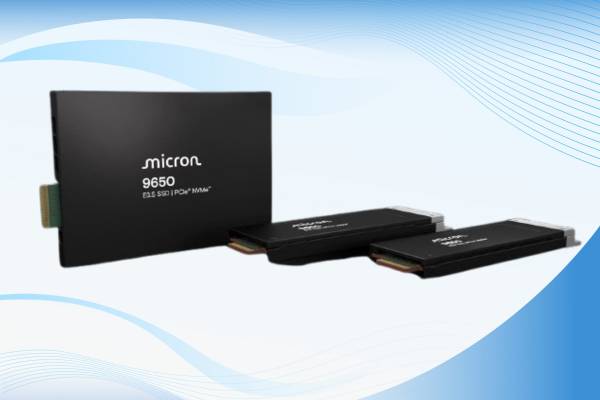Bloomberg reports that Mark Zuckerberg, CEO of Meta, is assembling a team of experts to create what he calls “Artificial General Intelligence” (AGI).
Bloomberg, citing a well-informed source, reports that Zuckerberg is disappointed with the results of Meta's AI developments and wants to create a new team of experts, internally called a “superintelligence team”. At the same time, he is in talks with startup Scale AI, which wants to invest billions of dollars in the project. If the investment is successful, Scale AI co-founder and CEO Alexandr Wang will join Meta's superintelligence team.
Zuckerberg plans to personally recruit around 50 people, including the team's new AI research leader. One reason is that he was disappointed with the quality of Meta's latest Llama 4 model and the response to the product, so he has taken the team into his own hands.
However, Meta and Scale AI spokespeople declined to comment on the news.
The Wall Street Journal reported last month that Meta feared the model's performance would not meet expectations, so it postponed the launch of its flagship model, code-named “Behemoth”, which was previously thought to be competitive with products from OpenAI, Anthropic and Google.
At the same time, Meta's competitors are constantly striving to improve in order to attract more investors and accelerate the development of AGI.

























